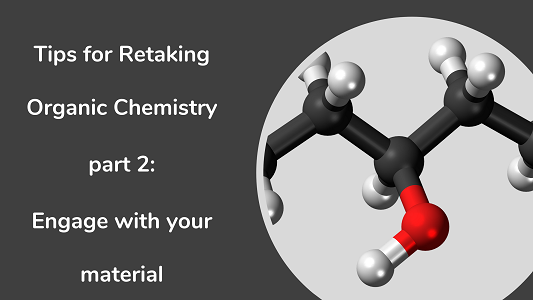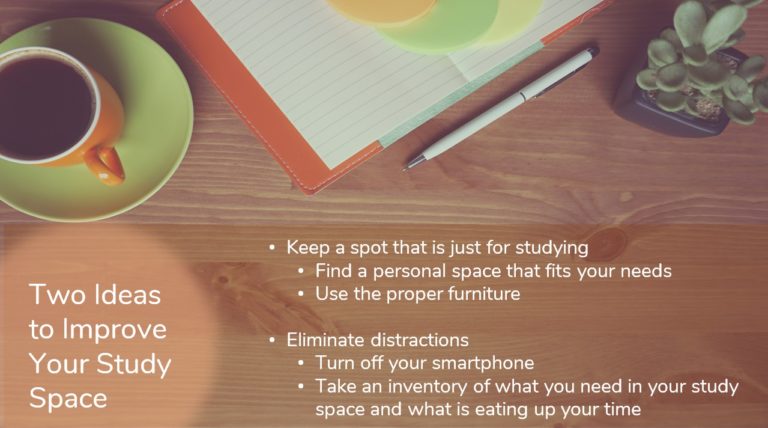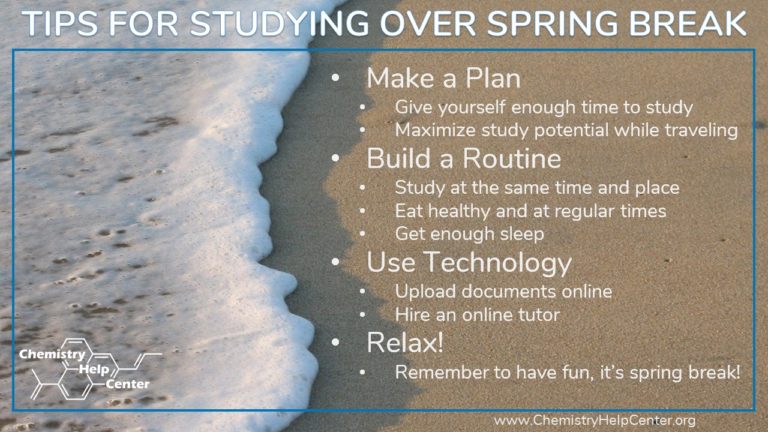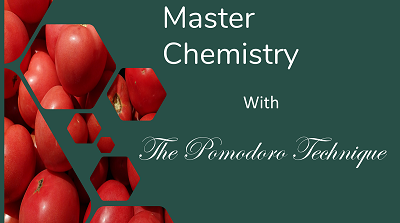Retaking Organic Chemistry: Part 2, Engage With the Material
Most traditional lectures are a one-sided dialog. The professor actively lectures, the student passively listens. Afterward, the professor tests the class on how well they memorized the lecture. In organic chemistry, however, students are tested on their ability to solve different types of chemistry “puzzles.” Thus, in organic chemistry you are tested on how well you can apply the knowledge and not merely regurgitate it on the exam. Because the emphasis is on puzzle solving over memorization, the same passive strategies that might work in other classes are ineffective in organic chemistry. Probably you have had an experience in organic chemistry where lecture starts going over your head faster than you can even write it down. Most likely this situation was a result of approaching the lecture from the standpoint of passive memorization. We all do this to some degree, but many students don’t realize that there are better ways to approach lecture. The more you can prepare for lecture and engage with the material the easier organic chemistry will become for you. Below I include some ideas for how to start actively engaging with your organic chemistry material. You should start familiarizing yourself with the lecture topic before you come to class and continue after lecture is over.
Pre-lecture Preparation
So, when I said that organic chemistry is a puzzle what do I mean by that? First lets look at two characteristics all puzzles share.
- Puzzles have an end goal
In organic chemistry that goal will be something like predicting the product in a reaction, or determining the compounds structure using spectral, or finding the steps to synthesize a compound.
- Puzzles have rules.
The rules of organic chemistry will be possible mechanisms and laws governing the transformations.
It might not seem fair, but your teacher 100% expects you to be familiar with the expected end goal, and the appropriate rules for the problems you are doing in class. Fortunately, this is a lot easier to do than you might think.
Sometime before lecture, sit down with your textbook (or get one from the library) and scan through the sections your teacher is going to cover that day. If you don’t know what your teacher is going to cover in lecture, it should be listed in your syllabus. Don’t worry too much about understanding everything you read. The goal here is to get an overall feel for the subject, not to learn the whole subject on your own. Keep an eye out for common functional groups or interactions between functional groups as well as common patterns in electron movements. When the teacher starts putting those structures up on the board, you will be one step ahead of the game and should have a pretty good idea of what happens next. It’s also a good idea to take notes while you are reading ahead, but don’t over do it. Copying exactly every word in the book wastes time and doesn’t help you. When reading your textbook:
- Make a loose outline that is short enough to take into class so that you can quickly glance at it and be reminded of the things that you read.
- Mark down anything you are unclear about, so you remember to pay attention when that subject comes up.
Paying Attention in Lecture
Even for people who like chemistry, sitting through ninety minutes of non-stop organic chemistry can be tough. The material can be a little bit dry at times and it’s easy to lose focus and then not be able to catch up for the rest of the class. Fortunately for you, you wrote a cheat sheet before you came to class. This will drastically cut down on the chore of feeling like you have to memorize everything the teacher says and help catch you back up if you start to fall behind. You should know going in that how the lecture is structured compared to other classes. Nobody is going to hold your hand through basic information. The teacher is going to assume you already read the book and will quickly dive into the more technical and challenging parts of the subject without very much warm up. When you are doing reaction mechanisms the teacher is going to be talking about generalized problem solving techniques and then illustrating those points by drawing out specific examples and solving them. Students can get distracted by the details and then lose sight of what is important, which is the problem-solving skills the teacher is trying to help you develop. The examples the teacher gives in class aren’t going to show up on the test and copying them down exactly and memorizing them isn’t going improve your grade.
Examples on the board are less important than the strategies your instructor uses to solve them!
Pay attention to the strategies!!!
Compare examples that your teacher is working on with what you have written down in your pre lecture notes. While the examples won’t be the same they will probably be the same type. Instead of copying down all the details of a specific example note the “actions” or strategies taken by your teacher. Write those down as a pattern or a recipe so instead of a reaction you will have something like this.
- Protonate the -OH
- H2O is a leaving group (dissociates)
- Cl– attacks the carbocation to give product
Then identify these steps in a reaction from the textbook or the next example you instructor works on the board. If there is a new or extra step pay attention to why it is there so you can spot it next time.
Post Lecture Follow up
Just because class is over that doesn’t mean that you are finished engaging with the content. You still want to make plenty of time to talk to the professor, study on your own, and talk to your peers through things like comparing test questions or forming study groups. I have talked about various study techniques in other blog posts but in addition to those things, you should also be cultivating a professional relationship with your professor. Talking to your professor regularly is a fantastic way keep up on the material. In addition, if your professor recognizes your name and face, and knows that you are working hard to do well in your class they will be much more understanding if an emergency comes up in class or if you have a questionable answer on a test. The last thing you want to do is ignore your professor all semester and then come in right before finals begging on an extension on the final, or with a million questions on material they covered months ago.
There are two times that that are the best for approaching your teacher.
See your teacher right after the class
Use this time to ask for clarifications that relate directly to that day’s lecture. For instance, you can ask about that extra step that popped up during the mechanism or something like that. If it’s a big class, there are probably going to be other students and the professor might need to go somewhere else so try to be courteous with their time. Pay attention to what the other students are asking because it might relate to a question you have or bring up a point you hadn’t thought of.
Go to your instructor’s office hours
If you have a bigger question, you will probably want to schedule an appointment with your professor during office hours. This will give you more time to bring up larger difficulties you might be having in the class and have more of a personalized back and for the discussion. In large classes you still won’t get much time (think like 5-10 minutes). I often hear from students that they do regularly go to the professor’s office hours but with a line of 15 of their peers lining up at the professor’s door, they don’t have a luxury of a long and engaging conversation. You may also considering to hire a knowledgeable tutor to answer your questions and give you the clarifications on the material. Try to plan out what you want to talk about before you meet with your professor and try to bring lots of specific examples, so you can show them exactly what you are having troubles with. It can be frustrating when students just walk in and say, “I don’t understand what is going on in class.” If you come in and show the professor a few problems you worked on, they will be able to quickly pinpoint what you are doing wrong in those problems and then be able to help you develop strategies to work around the trouble you are having.
Come prepared & ask SPECIFIC questions!
Show professor your work!
Avoid generalities and complaining (e.g. “I’m struggling with the material”)!
Organic chemistry is a frustrating and intimidating course for many college students. Fairly or not, it has a reputation as the course that forces students to dropout of science majors. Although many students need to retake organic chemistry for various reasons there are a lot of actions that you can take to optimize your success in organic chemistry. Be aware of what you are getting into when you sign up for the class and make sure that you schedule it at the right time. When you are taking the class stay focused in lecture and use your study time wisely.







